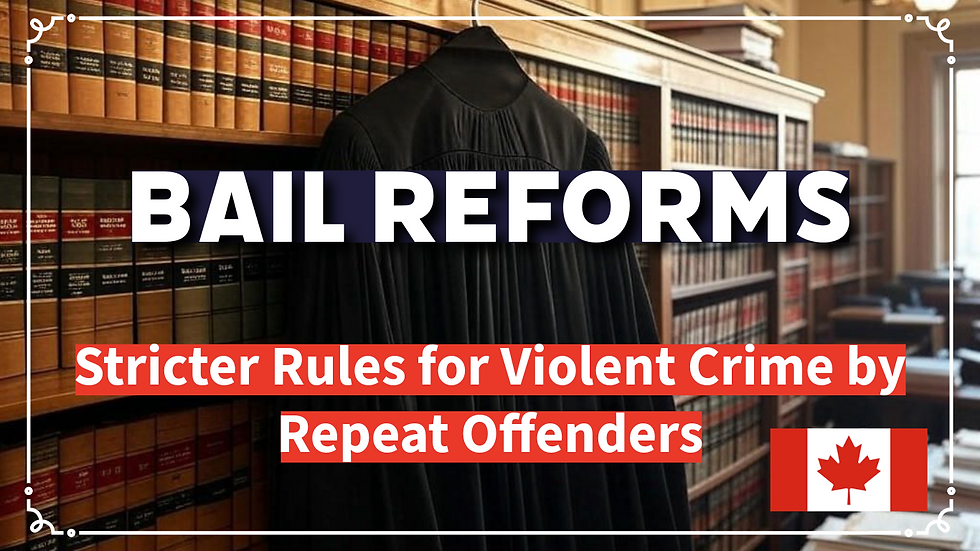Rape in Virtual World : Meta
- M.R Mishra

- Jan 22, 2024
- 2 min read
A 16-year-old girl was left traumatised after her avatar - her digital character - was gang-raped in a virtual reality video game in metaverse, which is described as a hypothetical iteration of the Internet in 3D and is facilitated by the use of virtual reality and augmented reality headsets.
With UK Police investigating the virtual sexual offence now, it is probably the first probe of its kind involving the metaverse
Detailed information:
Law enforcement is actively probing what is believed to be the first instance of virtual rape in the metaverse, focusing on a minor who, though physically unharmed, suffered emotional distress as her digital character was targeted by adult men in a virtual setting.
The absence of physical harm does not diminish concerns about the potential long-term psychological impact akin to real-world assaults, prompting a serious examination of the incident. Officials stress the need for an adaptive approach to combat evolving tactics of online offenders, emphasizing the crucial role of the recently enacted Online Safety Act.
The metaverse's distinct characteristics pose intricate challenges for law enforcement, as it blurs geographical boundaries, making jurisdictional issues complex when incidents involve users and perpetrators in different countries. Concerns are also raised about the inadequacy of current legislation, which may not effectively address criminal activities within virtual spaces.
Donna Jones, chairman of the Association of Police and Crime Commissioners, advocates for legal reforms to protect individuals, particularly women and children, in these evolving digital environments.
The case underscores the broader implications of technological advancements, suggesting that developments in gaming may open doors to various cybercrimes, including virtual robbery, ransomware, fraud, and identity theft.
The metaverse's capacity to simulate real-life experiences raises questions about how the legal system can adapt to these new challenges. Meanwhile, officials are grappling with the need to balance individual privacy protection with the imperative to investigate and prevent digital crimes effectively.
As authorities grapple with the intricacies of this case, there is a growing recognition that virtual reality experiences can have genuine, lasting effects on individuals. Graeme Biggar of the National Crime Agency acknowledges the potential for treating crimes committed in virtual reality as criminal offenses due to their tangible impact on victims. The evolving nature of technology necessitates proactive measures to prepare law enforcement agencies for policing the metaverse effectively and safeguarding individuals from emerging risks in virtual environments.
Refrence:






Comments